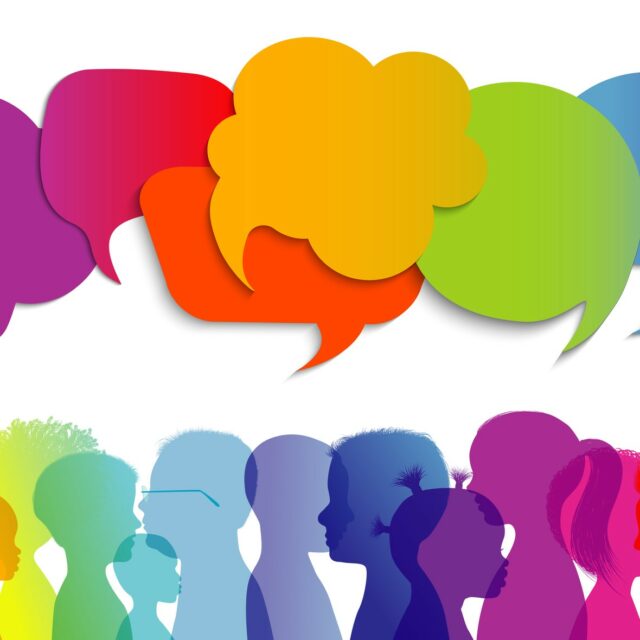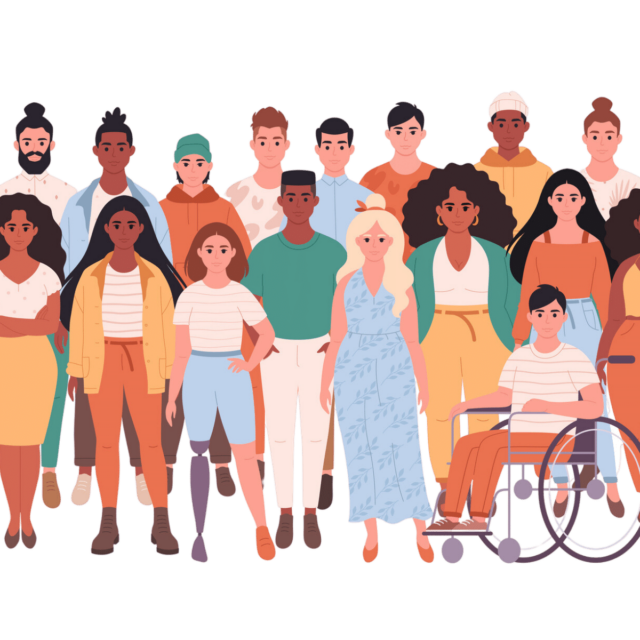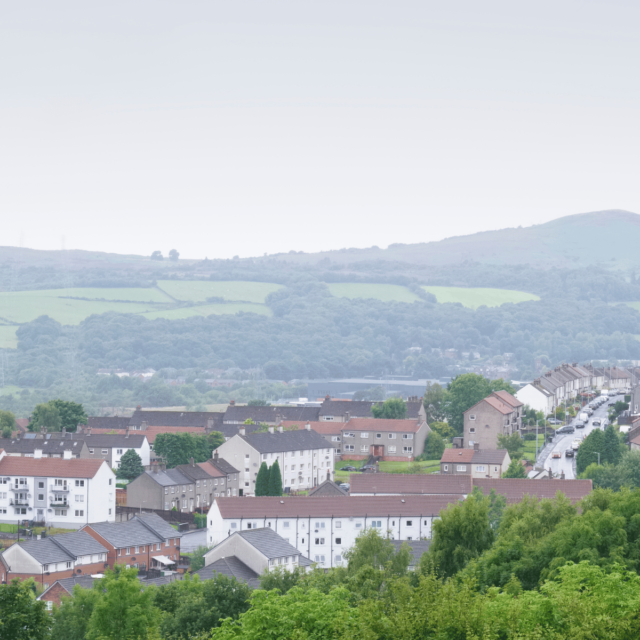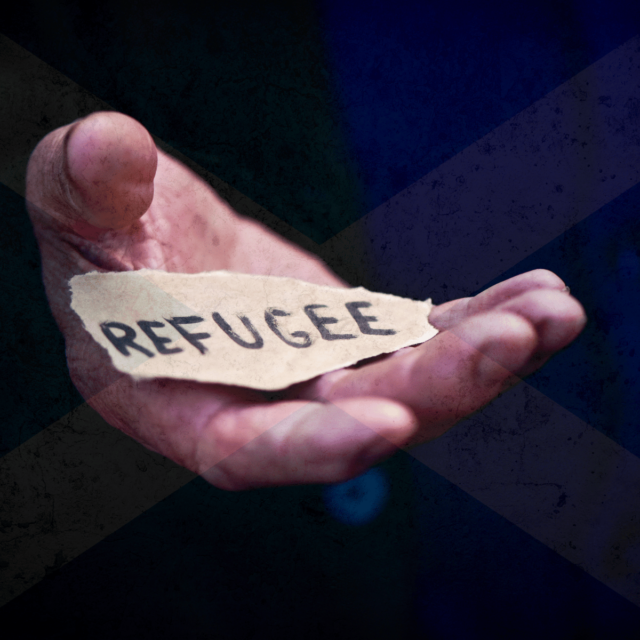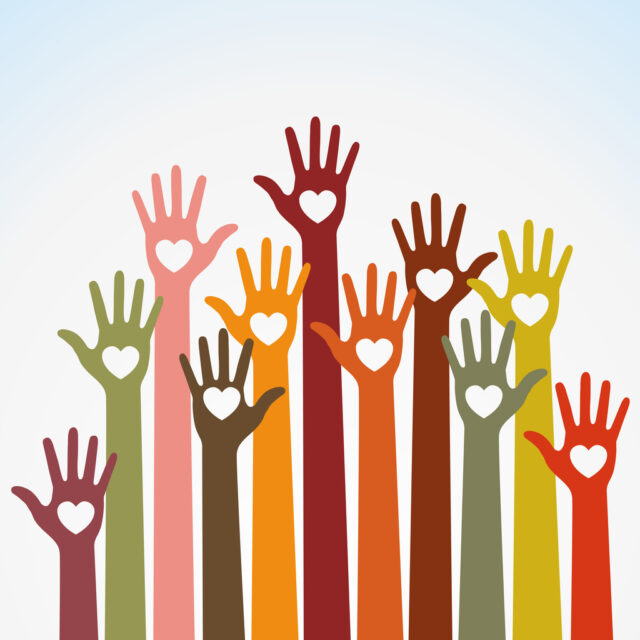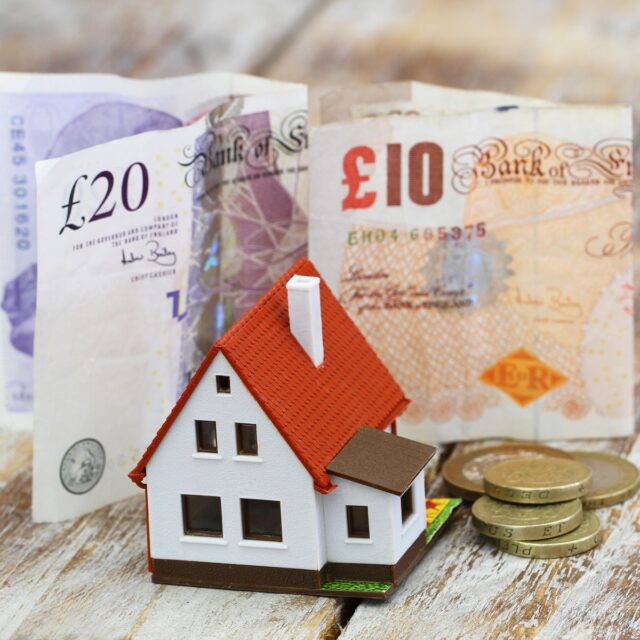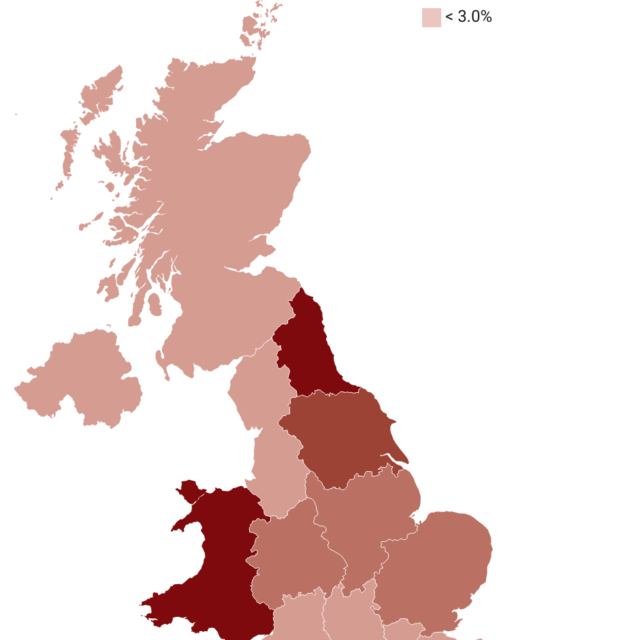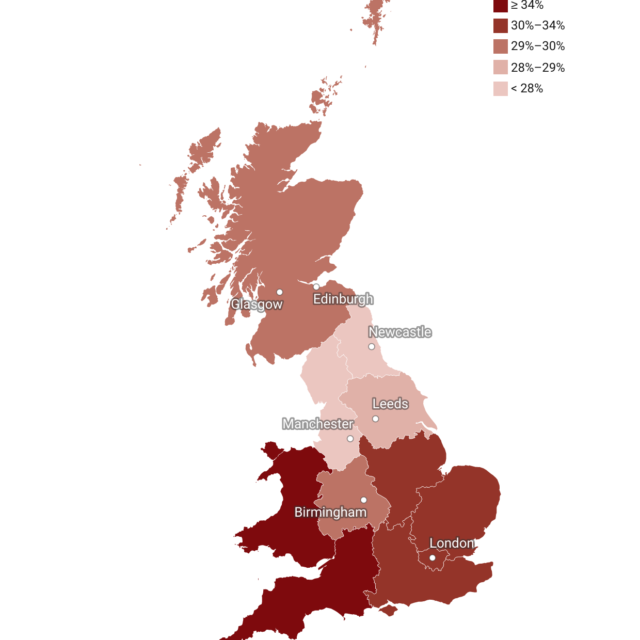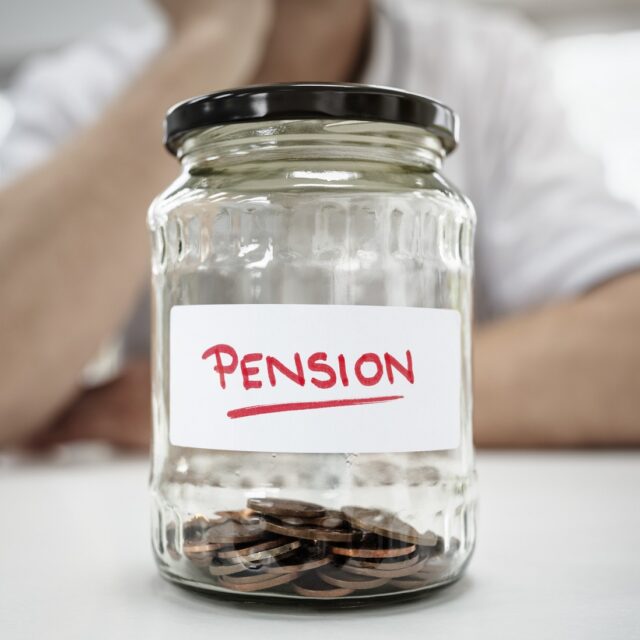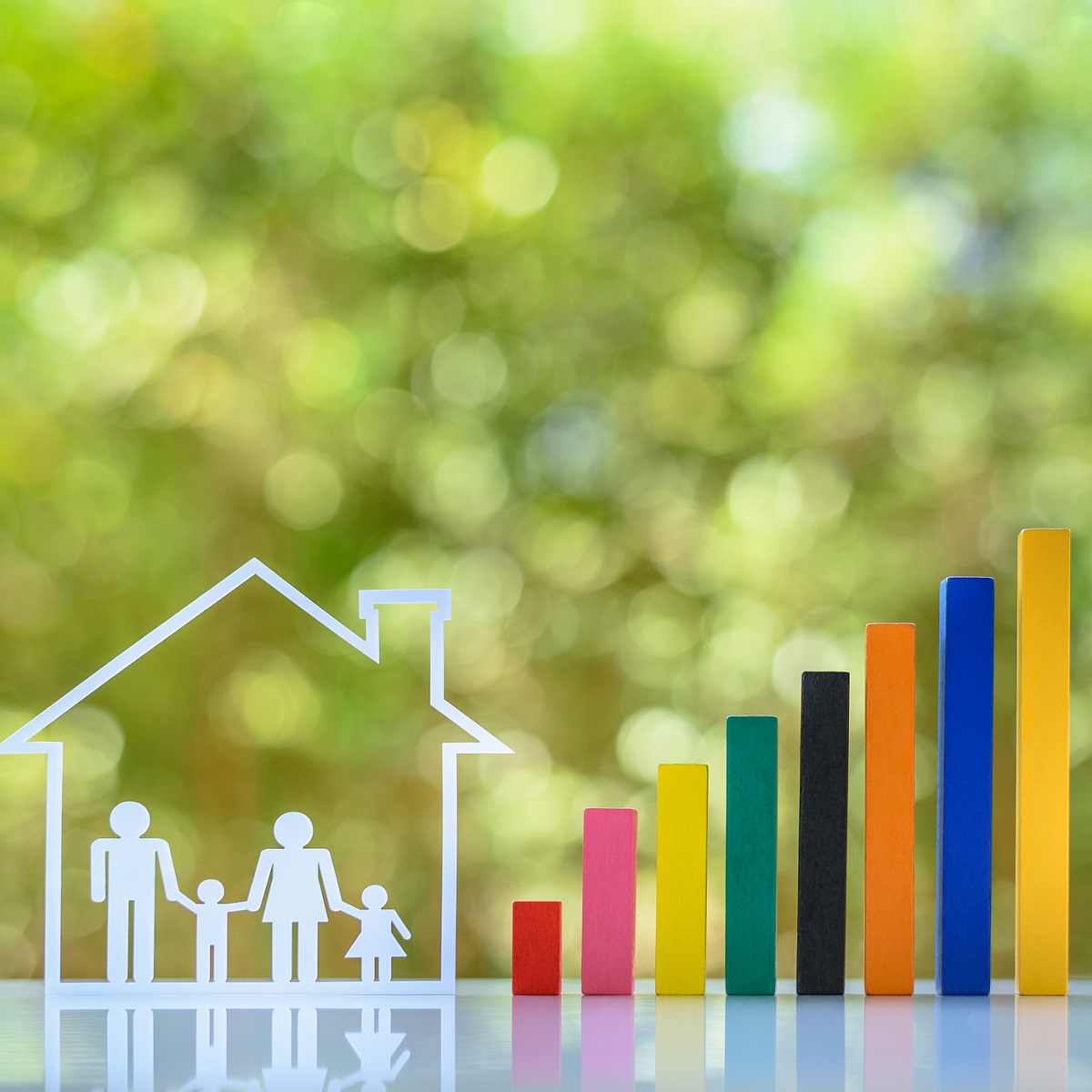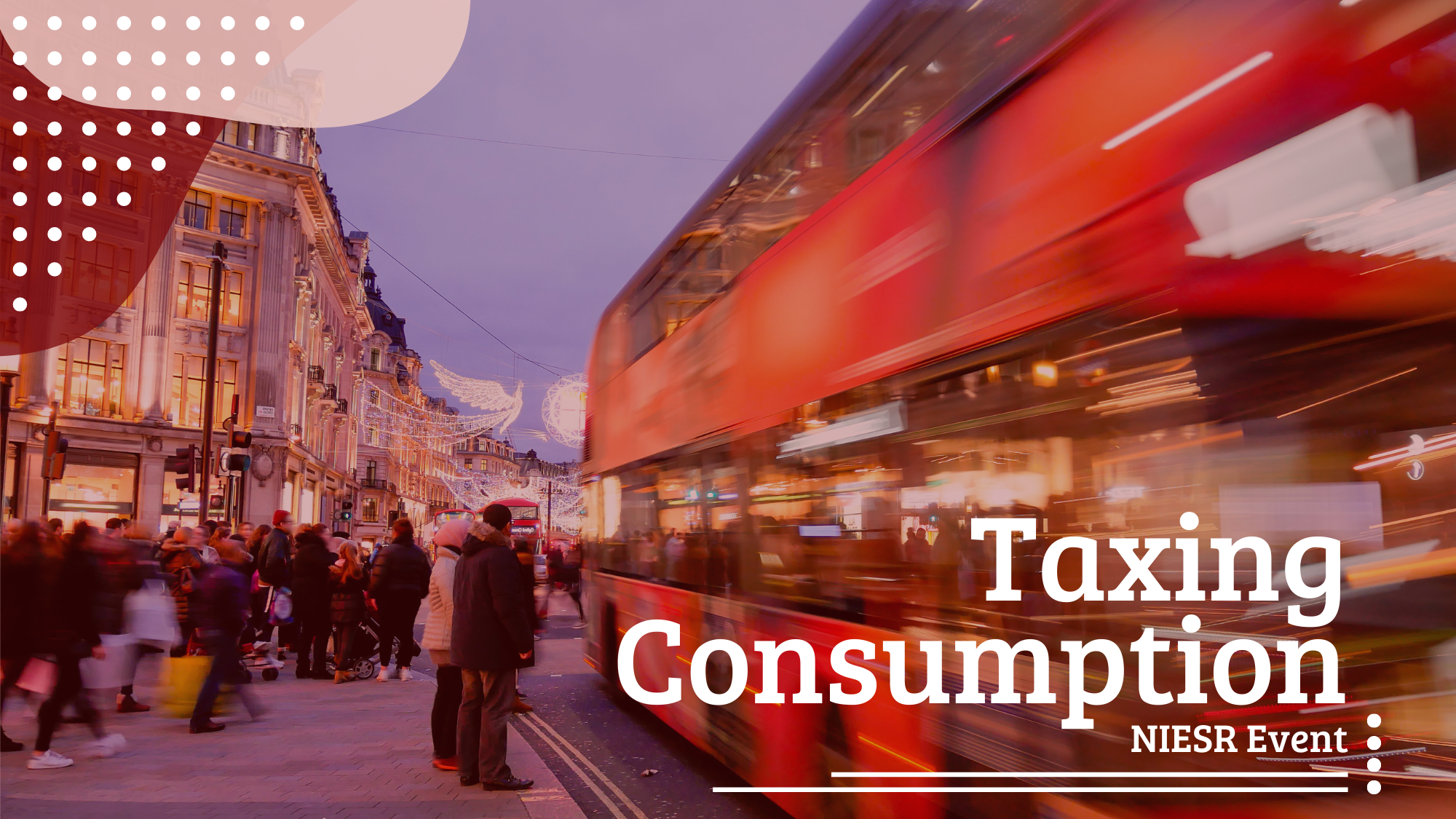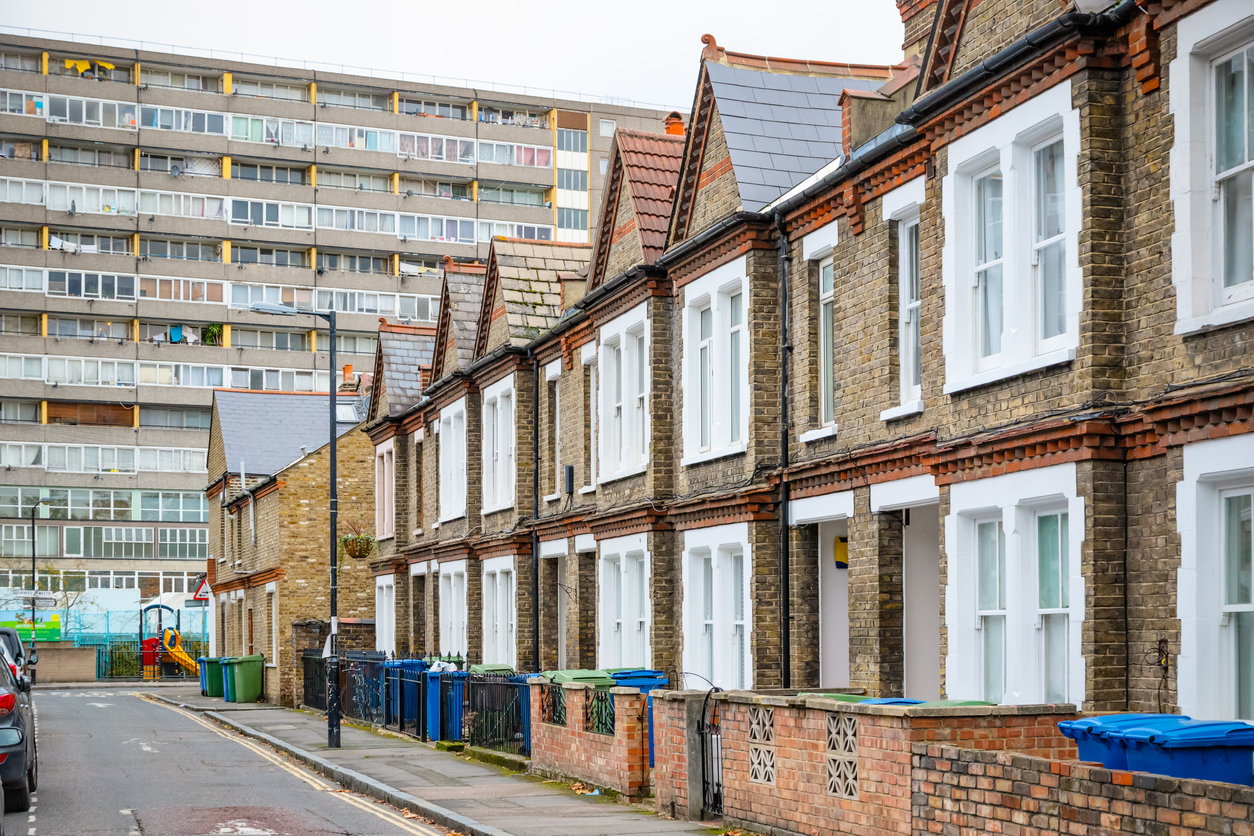LGB&T Equality in the UK: a little less conversation a little more action
The UK has long been considered one of the best countries in the world for supporting LGBTI rights. With recent progress in relation to same-sex marriage and the prevention of LGB&T hate speech, it could even be said that the UK is well on its way to achieving full LGB&T equality.
The UK has long been considered one of the best countries in the world for supporting LGBTI rights. With recent progress in relation to same-sex marriage and the prevention of LGB&T hate speech, it could even be said that the UK is well on its way to achieving full LGB&T equality. However, despite social and legal improvements, our evidence review, commissioned by the Government Equalities Office, demonstrates how lesbian, gay, bisexual and transgender[1] people continue to face significant disadvantage and inequality on the basis of their sexual orientation and/or gender identity in many aspects of British society. But more than that, it shows a need to identify what really works to bring about change.
The review’s purpose was to support the Government Equalities Office with policy development. We built on three previous reviews[2] to systematically identify and critically discuss the nature, robustness and strength of evidence on the relative disadvantage and inequality experienced among and between different LGB&T groups in the UK.
Our overwhelming finding was that the evidence base for LGB&T inequality and disadvantage is deficient and has major gaps. This stems largely from a shortage of robust, representative data, as well as a failure of research to appropriately disaggregate disadvantage into single LGB&T groups. Nevertheless, despite the evidence base, our review confirms that homophobia, biphobia and transphobia are widespread. One worrying consequence of this is reluctance amongst some LGB&T people to engage in many different aspects of public and political life. This reluctance often arises from pervasive hetero/cis-normativity, resulting in many LGB&T people either do not access vital services or are not open about their sexual orientation and/or gender identity. This, undoubtedly, leads to real inequality; with LGB&T at higher risk of adverse life outcomes, mental-ill health, self-harm and even suicide.
In light of the Government’s response to the Women and Equalities Select Committee Report on transgender equality, which places significant emphasis on the need to collect more evidence on the nature of equality, we, as researchers, find ourselves at a difficult crossroads. It would seem almost in our nature, and indeed our interests, to support this call. Yet, it is without doubt that the rights and lives of LGB&T people should no longer be put at risk while we wait for research to be commissioned, conducted and disseminated that simply tells us what we already know. What we do need, however, is for research to be an agent for change: for policy makers to collect and use evidence on what works, in order to make a real difference as to how services are delivered. What we need is less talk, more action.
Read the full evidence review here.
[1] Given that the aim of the report was to identify evidence, its contents are wholly dependent upon the parameters of existing research. As this research is typically yet to recognise the full spectrum and fluidity of sexual orientation and/or gender identity that exists within the UK, this report provides evidence on the experiences of lesbian, gay, bisexual and transgender people only.
[2] Mitchell et al., 2009; Mitchell and Howarth, 2009; Communities Analytical Services, 2013.
